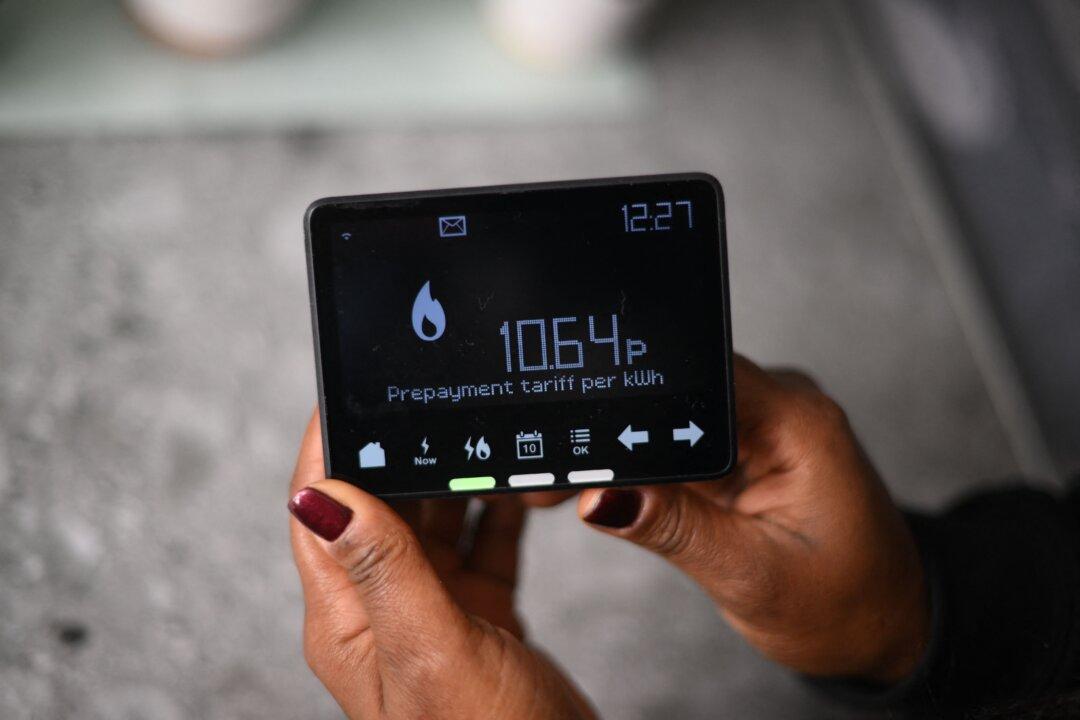The Australian Energy Regulator (AER) has approved a “sandboxing” trial involving 5,600 smart meters in New South Wales to demonstrate their benefits for consumers and the energy market.
This trial, to be implemented by Endeavour Energy, is enabled by new regulatory powers that allow a time-limited waiver from specific requirements through the Energy Innovation Toolkit.





